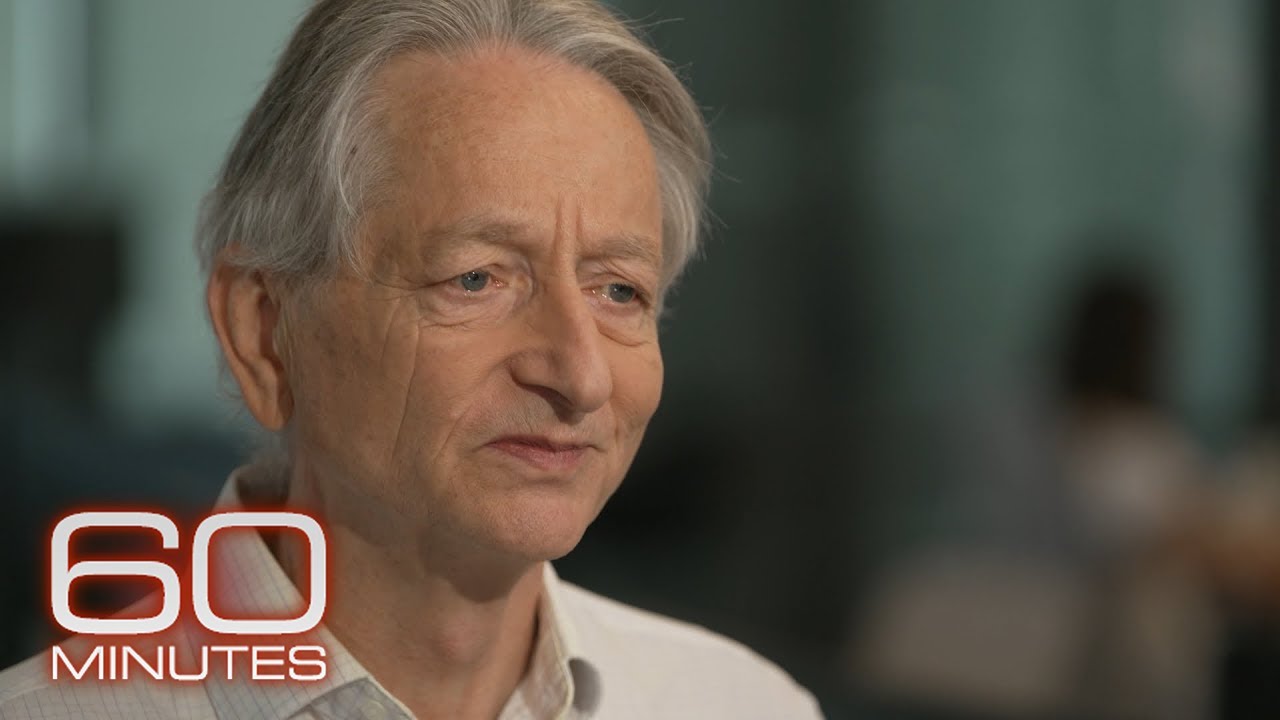Geoffrey Hinton, the “Godfather of AI,” has made significant contributions to artificial intelligence through his work on neural networks, paving the way for advanced AI systems. While recognizing the potential benefits of AI, Hinton also warns of risks such as AI systems surpassing human intelligence and emphasizes the importance of cautious and strategic decision-making in the development and regulation of AI technologies.
Geoffrey Hinton, known as the “Godfather of AI,” is a British computer scientist whose groundbreaking work has paved the way for advanced artificial intelligence. He believes AI has the potential to bring enormous benefits to the world, but also warns that there is a possibility of AI systems becoming more intelligent than humans and potentially taking over. Hinton’s research on neural networks has revolutionized machine learning, allowing machines to learn from their own experiences and make decisions autonomously.
Hinton’s journey in AI began as a pursuit to simulate neural networks on computers, with the ultimate goal of understanding the human brain. Despite facing skepticism in the 1970s, Hinton persisted in his research and eventually achieved success after decades of work. His contributions to artificial neural networks earned him accolades such as the Turing Award, a prestigious recognition in the field of computing.
AI systems created based on Hinton’s work, like Google’s AI lab in London, showcase the potential of machine learning in various applications such as robotics and language processing. These systems can learn and adapt through trial and error, demonstrating capabilities to outperform human learning in certain aspects. However, concerns arise regarding the implications of AI systems autonomously writing and executing their own code, raising questions about control and ethical considerations.
Hinton highlights the transformative impact of AI in healthcare, drug development, and other industries, emphasizing the benefits AI can bring to society. Nevertheless, he acknowledges the risks associated with AI, including unemployment, biased decision-making, and potential misuse in warfare. Hinton advocates for governments to regulate AI development and calls for a world treaty to prohibit the use of military robots, drawing parallels with historical figures like Robert Oppenheimer in urging responsible AI innovation.
In conclusion, Hinton stresses the importance of understanding AI’s capabilities and uncertainties, emphasizing the need for caution and strategic decision-making as society ventures further into the realm of advanced artificial intelligence. The potential for AI to surpass human intelligence poses both promising opportunities and existential risks, prompting reflections on how to navigate the evolving landscape of AI technology responsibly.
